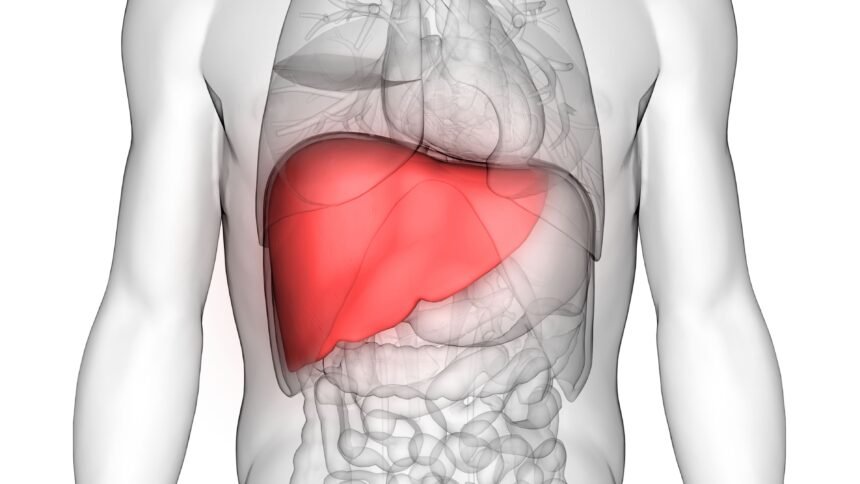Srinagar, Jul 29: With an increasing number of liver failure cases and end-stage liver diseases in the valley, doctors here have called for the urgent need for liver transplantation facilities, which are currently unavailable in Jammu & Kashmir.
Doctors speaking to the news agency—Kashmir News Observer (KNO) expressed concern over the rising incidence of hepatitis and fatty liver disease, which have led many patients to develop chronic liver disease and cirrhosis. They said establishing liver transplant facilities in J&K is crucial.
A doctor, speaking on condition of anonymity, told KNO, “The lives of patients suffering from chronic liver disease can be saved, but in Kashmir, they continue to suffer with little hope of survival due to the absence of such facilities. Patients are dying for want of a liver transplant facility here.”
The doctor added that there are hundreds of patients who cannot afford to travel outside Jammu & Kashmir for liver transplants and, as a result, receive no treatment, which leads to inevitable death from progressive liver failure.
“There is a need for population-based screening to determine the extent of these diseases,” the doctor continued. “Hepatitis B and C are common causes of cirrhosis or scarring of the liver, which can lead to liver failure and even cancer.”
Another doctor said the region is facing an epidemic of hepatitis due to drug abuse, which not only increases the risk for users but also poses a risk to others through blood transfusions.
The doctor further said that cases of Hepatitis B are becoming more prevalent. “Both Hepatitis A and B often present without symptoms, leaving many people unaware of their condition for years,” he said.
Unhygienic dental practices in Kashmir, where many clinics use unsterilised or improperly sterilised instruments, were cited as another reason for the high rates of hepatitis infection.
According to doctors, the contributing factors to the rise in liver diseases include alcohol consumption, viral hepatitis and non-alcoholic fatty liver disease.
“Establishing a local liver transplant centre is crucial. This would offer comprehensive care, from pre-transplant evaluation to post-transplant management, thereby significantly improving patient outcomes,” they said.
“It is crucial for dental clinics to adhere to strict sterilisation protocols to prevent the transmission of blood-borne viruses, including Hepatitis B and C,” they added.





